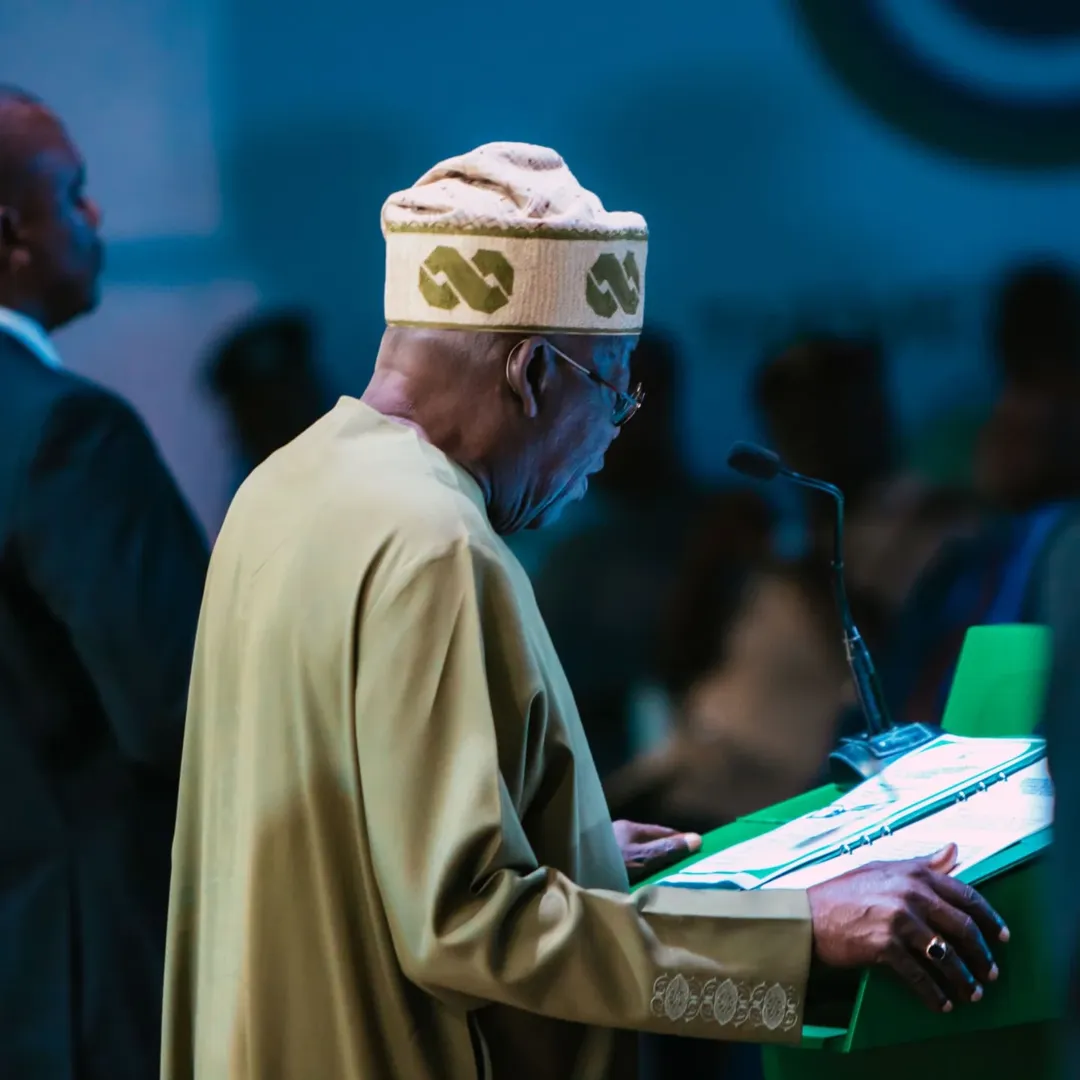A Federal High Court in Abuja has thrown out a lawsuit filed by the Abacha family, contesting the Federal Government’s decision to revoke the title to a property belonging to the late Gen. Sani Abacha, situated in the prestigious Maitama neighbourhood of Abuja.
In his ruling, Justice Peter Lifu dismissed the suit based on several grounds, including that the case had exceeded the statutory time limit for filing when it was initiated in 2015.
Additionally, it held that the plaintiffs lacked the legal capacity (locus standi) to bring the case forward.
Mr. Mohammed Sani Abacha, the eldest surviving son of the former military ruler, and his widow, Hajia Maryam Abacha, filed the suit on behalf of the executors of the late military general’s estate.
The defendants in the suit, listed in the order of 1st to 4th, are as follows: the Minister of the Federal Capital Territory (MFCT), the Federal Capital Development Authority (FCDA), the President of the Federal Republic of Nigeria, and Salamed Ventures Limited.
This recent dismissal marks the fourth consecutive legal defeat for the Abacha family in their bid to reclaim the property, following two earlier losses at the High Court of the Federal Capital Territory (FCT) and a subsequent defeat at the Abuja Court of Appeal.
In their lawsuit at the Federal High Court, the family requested a judicial review. They asked the court to declare the revocation of the Certificate of Occupancy (C of O) of the late Abacha’s property as null and void and to order the restoration of the property title to the family.
The family’s complaint was that the defendants illegally and unlawfully revoked the Certificate of Occupancy marked FCT/ABUKN 2478 covering Plot 3119 on January 16, 2006, in violation of Section 44 of the 1999 Constitution and Section 28 of the Land Use Act.
The Abacha family claimed that they received instructions to surrender the C of O they had in their possession for re-validation during Mr. Nasir El-Rufai’s tenure as FCT Minister between 2004 and 2005.
The family contends that they duly complied with the request to submit the C of O for re-validation, with the 2nd plaintiff, Sani Abacha, handing over the document to the FCDA and receiving an acknowledgement receipt.
However, instead of receiving a new C of O, they allegedly received a letter on February 3, 2006, abruptly informing them that the C of O had been revoked without any explanation or justification provided.
In addition to not providing a reason for the revocation, the family claimed they did not receive any compensation.
The family petitioned Justice Lifu to deem the revocation of their property title as unconstitutional, unlawful, and invalid, and to subsequently set aside the revocation, upholding their C of O as valid and extant.
Furthermore, they sought a permanent injunction to restrain the defendants from taking any further action regarding the disputed property and requested an award of N500 million in damages.
However, the defendants, in their separate counter-affidavits and preliminary objections, asked for the outright dismissal of the suit marked FHC/ABJ/CS/463/2016.
Salamed Ventures Limited, the 4th defendant, through its counsel, Mr. James Ogwu Onoja (SAN), contended that the lawsuit was time-barred, having been filed beyond the three-month statutory limit, thereby divesting the court of its jurisdiction.
Onoja contended that the Public Officers Protection Act governed the suit, which had now become moot and was merely an academic exercise.
He urged the judge to dismiss the suit as frivolous and lacking merit, given its belated filing.
The senior lawyer said that Salamed Ventures Limited became the owners of the disputed property upon its purchase from the FG at N595 million and the issuance of C of O number 181dw-3adcz-721r-15a8-10 of May 25, 2011.
In his ruling, Justice Lifu concurred with Onoja’s argument that the legal grounds for the suit emerged on February 3, 2006, when the C of O was revoked, but the case was not filed until May 2015, a significant delay beyond the stipulated three-month timeframe for filing.
Furthermore, the judge ruled that the plaintiffs lacked the legal capacity (locus standi) to bring the case, as they failed to provide the necessary letters of administration as evidence of their authority to manage the estate as required by law.
Furthermore, Lifu agreed with Salamed Ventures that the revocation of the Abacha property was lawful, citing violations of the covenants in the Right of Occupancy, specifically the construction of structures without obtaining the requisite building plans.
As a result, the judge dismissed the suit and directed the Abacha family to pay Salamed Ventures a sum of N500,000 in legal costs.























Leave a comment